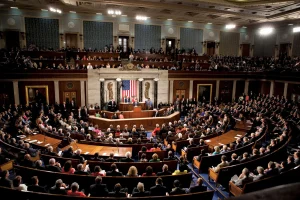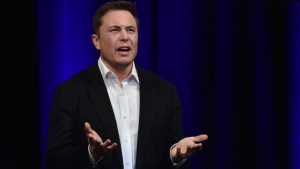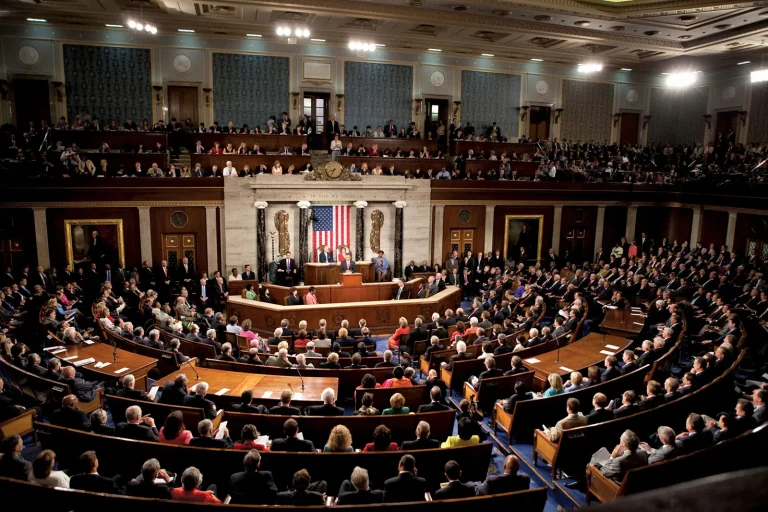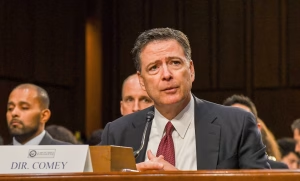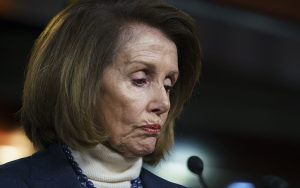Power Move or Political Gamble?
New York City’s mayor-elect Zohran Mamdani has officially tapped former Federal Trade Commission (FTC) Chair Lina Khan to co-lead his transition team — a decision that’s already generating sharp reactions across the political spectrum.
Khan, one of the most polarizing figures of the Biden administration, will join three veteran City Hall insiders in shaping the early blueprint of Mamdani’s incoming administration. The announcement, made Wednesday morning, immediately raised eyebrows given Khan’s record of aggressive antitrust enforcement and high-profile clashes with Big Tech during her time in Washington.
For Mamdani, who campaigned on reshaping New York’s political and economic order around “working people,” Khan’s appointment signals a bold ideological statement — and perhaps a preview of the city’s new governing direction.
“New Yorkers sent a clear message this week that it’s time to build a city that working people can actually afford,” Khan said in a statement. “I’m excited to help Zohran build a team that will usher in a new era for New York City.”
The Lina Khan Factor
Before her latest role, Lina Khan served as the FTC’s youngest-ever chair, appointed by President Joe Biden in 2021. Her tenure was defined by sweeping efforts to rein in corporate power — especially among Silicon Valley giants like Amazon, Meta, and Google.
Khan pushed for expanded federal oversight of digital markets, targeting “unfair business practices” and hidden fees that she argued exploited consumers. But her methods were often viewed as ideologically driven and legally overreaching, leading to multiple failed lawsuits and bipartisan concern about her regulatory style.
Critics accused her of politicizing antitrust enforcement, with business leaders claiming her agenda hurt competitiveness and innovation. Her departure from the FTC earlier this year came amid growing Republican pressure and several high-profile courtroom defeats.
Still, among progressives, Khan remains a folk hero — a symbol of resistance against corporate consolidation and unchecked capitalism.
Her return to public life in a high-profile New York role is already being seen as Mamdani’s signal that his mayoralty will take on entrenched power structures head-on, even at the risk of controversy.
Mamdani’s Vision: “Government for the People”
For Mamdani, the decision reflects his longstanding belief in progressive governance. His campaign repeatedly championed themes of affordability, equity, and social justice — a message that resonated across the five boroughs despite fierce resistance from establishment Democrats and Republicans alike.
“Our transition leaders will help build a City Hall committed to excellence, integrity and a hunger to solve old problems with new solutions,” Mamdani said. “Together, we will show the nation how government can deliver when we put the people, not billionaires, first.”
Political insiders, however, see the move as strategically risky. Bringing in a polarizing Washington regulator may alienate some moderate voters and powerful business interests already wary of Mamdani’s self-described socialist leanings.
Political Fallout Already Brewing
The appointment comes just days after a bruising election night for Republicans nationwide. Former President Donald Trump, reacting to the results, attributed the GOP’s poor showing to a combination of the ongoing government shutdown and his own absence from the ballot.
“TRUMP WASN’T ON THE BALLOT, AND SHUTDOWN, WERE THE TWO REASONS THAT REPUBLICANS LOST ELECTIONS TONIGHT,” he posted on Truth Social.
Republicans suffered defeats in several key states — including New Jersey, Virginia, and now New York City, where Mamdani’s historic victory has drawn national attention.
Mamdani’s win was particularly notable given that he faced a rare bipartisan challenge led by former Governor Andrew Cuomo, who ran as an independent in a bid to reclaim political relevance.
Despite expectations of a tight race, Mamdani triumphed decisively — a win that progressives are now calling a “mandate for transformation.”
Khan’s Appointment Draws Fire from the Right
Republican lawmakers wasted no time denouncing the appointment, calling it a “radical consolidation of leftist power” inside the nation’s largest city.
Conservative commentators blasted the decision as “proof that New York has abandoned moderation altogether,” warning that policies born of Khan’s regulatory playbook could choke small businesses and discourage investment.
Meanwhile, House Republicans are reportedly exploring legal avenues to block Mamdani from taking office, citing the 14th Amendment’s “insurrection clause.”
The effort, first detailed by the New York Post, is being spearheaded by the New York Young Republican Club, which argues that Mamdani’s past statements calling to “resist ICE” and his support for left-wing organizations amount to “giving aid or comfort to the enemies” of the United States.
Though largely symbolic, the push underscores just how divisive Mamdani’s election — and now his personnel decisions — have become.
What It Means for New York
If Khan’s record in Washington is any indication, her influence on City Hall could reshape how New York regulates business, technology, and housing.
Analysts predict a new era of policy confrontation — one that may pit Mamdani’s administration against powerful corporate interests, property developers, and even state-level Democratic leadership.
Supporters say that’s exactly what the city needs. Critics say it’s a recipe for economic chaos.
Either way, Mamdani’s early moves are making one thing clear: the next chapter of New York politics won’t be business as usual.

James Jenkins is a celebrated Pulitzer Prize-winning author whose work has reshaped the way readers think about social justice and human rights in America. Raised in Atlanta, Georgia, James grew up in a community that instilled in him both resilience and a strong sense of responsibility toward others. After studying political science and creative writing at Howard University, he worked as a journalist covering civil rights issues before dedicating himself fully to fiction. His novels are known for their sharp, empathetic portraits of marginalized communities and for weaving personal stories with broader political realities. Jenkins’s breakout novel, Shadows of Freedom, won national acclaim for its unflinching look at systemic inequality, while his more recent works explore themes of identity, resilience, and the fight for dignity in the face of oppression. Beyond his novels, James is an active public speaker, lecturing at universities and participating in nonprofit initiatives that support literacy and community empowerment. He believes that storytelling is a way to preserve history and inspire change. When not writing, James enjoys jazz music, mentoring young writers, and traveling with his family to explore cultures and stories around the world.

